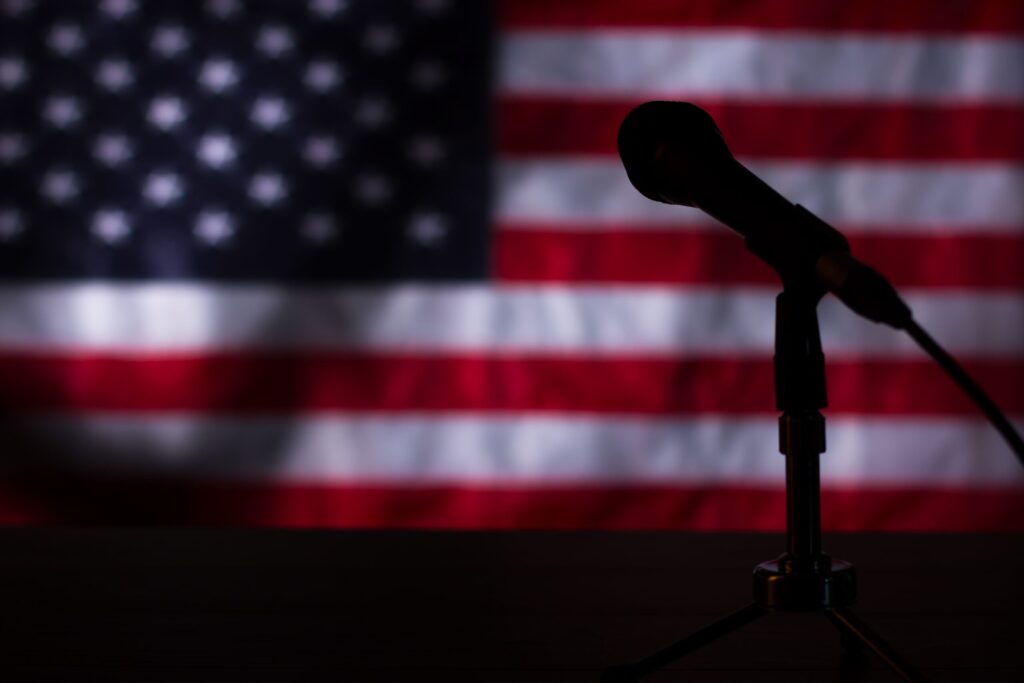A bill is moving through the New Jersey legislature that, if enacted, would establish such onerous sweepstakes rules that many brands would likely avoid the state.
Among other things, it would require that marketers include the full rules in all media — both online and off.
“It is so broad in scope, it has raised a significant concern that people conducting national promotions that are not easily tailored to one state will not conduct games in that state,” says Edward Kabak, chief legal executive for the Promotion Marketing Association.
The PMA is forming a coalition in hopes of repeating its success in Florida where it helped influence legislators to modify a similarly restrictive law.
Assemblyman Jack Conners (D-NJ) introduced on May 11, 2006 Assembly Bill No. 2950, which was co-sponsored by a handful of other state lawmakers.
“There are enough people out there who don’t have enough sophistication about them that take these things seriously and some folks who abuse this,” Conners says. “If I don’t have rules and a possible punishment if you break the rule, people will feel they can do whatever they want and that’s wrong.”
Conners says he is willing to hear the PMA arguments and entertain amendments after careful review. Still, he says, legislation is necessary.
While the bill is lengthy and complex, there are several key provisions the PMA finds alarming.
First, the rules are not restricted to direct mail. The proposed legislation covers all media.
“This is a one-size-fits-all bill,” Kabak says. “It would presumably apply to online promotions and in what kind of contest can you do full disclosures? What about mobile marketing? That’s why one size does not fit all.”
Representatives of the PMA Legal Affairs Committee have met with state officials, and are redrafting some of the language in the bill that “everyone can be comfortable with,” Kabak says.
Secondly, the full rules provision goes against the trend of providing modified rules with instructions on where to locate the full rules.
The bill also prohibits conducting a sweeps where any consideration is required other than filling out an entry form, which could prohibit sponsors from asking participants to submit an essay or photo or answer trivia questions as a requirement for entering, the PMA says.
Several years ago the PMA participated in the process with the Florida legislature to modify its prior requirement for full rules in print ads.
The modification to Florida’s Game Promotion Statute 849.094 took effect in November 2005. The law now states: “Advertising copy need only include the ‘material terms’ of the rules and regulations, if the advertising includes a Web site address, toll-free telephone number, or a mailing address where the full rules and regulations may be viewed, heard, or obtained for the full duration of the game promotion. Such disclosures must be legible.”
When J.R. Kelly, the director of the division of consumer services, Florida Department of Agriculture and Consumer Services, spoke at the 2005 PMA Law Conference shortly before the amendment was expected to pass, he joked that he felt he was now welcome enough to leave his bulletproof vest at home.
“Florida has simplified rules to make things easier,” Kabak says. “New Jersey is going against the grain of what other states are doing, which is one of the reasons we are concerned.”
In New Jersey, the issue came up when a local American Legion chapter wanted to run a sweeps and found that it had no state rules to guide the promotion. It contacted the state’s division of consumer affairs, and word filtered down to Conners.
“I want to welcome business to New Jersey,” Conners says. “I don’t want to scare business out of the state. I’m trying to protect the average citizen and the elderly from being abused by this stuff.”
As for the provision to disclose the full rules, Conners says he is inclined to agree with what is now standard practice — disclosing the modified terms with a directive on where to find the full rules. “Who’s going to read all that stuff, in spite of the fact that they should read it?” the legislator asks rhetorically.
A federal law, The Deceptive Mail Prevention and Enforcement Act, which took effect in 2000, imposed tough new government regulations on direct mail sweepstakes. The measure followed years of government investigations and lawsuits largely stemming from complaints from the families of elderly people believing they had won large sweepstakes prizes when they had not.
The PMA hopes to form a coalition of members to demonstrate to New Jersey Attorney General Stuart Rabner’s office and the legislature the “devastating” impact the bill would have on future promotional activities in the state, Kabak says.
Conners has been suspicious of sweepstakes since he worked years ago as a bank manager. One day a woman came in with an “official looking” check that was actually a piece of a direct mail sweepstakes package. She believed the check was real, that she had won a big cash prize and she wanted to cash the check. “I realized the innocence, that people can be really naïve and take these things very seriously,” he says. “I had to explain that it wasn’t real.”
 Network
Network

